In an era where air quality is more important than ever, understanding the role of High-Efficiency Particulate Air (HEPA) filters becomes crucial. These filters are not just components; they are guardians of our indoor environments, capturing particles that many of us don’t even realize are present. From homes to hospitals, HEPA filters play a pivotal role in providing cleaner air. This article will guide you through the essential aspects of HEPA filters, shedding light on why they matter and how they function.
Table of Contents:
– What is a HEPA filter?
– How do HEPA filters work?
– The significance of HEPA filters in various industries
– Maintenance and longevity of HEPA filters
– Future trends in air filtration technology
What is a HEPA filter?
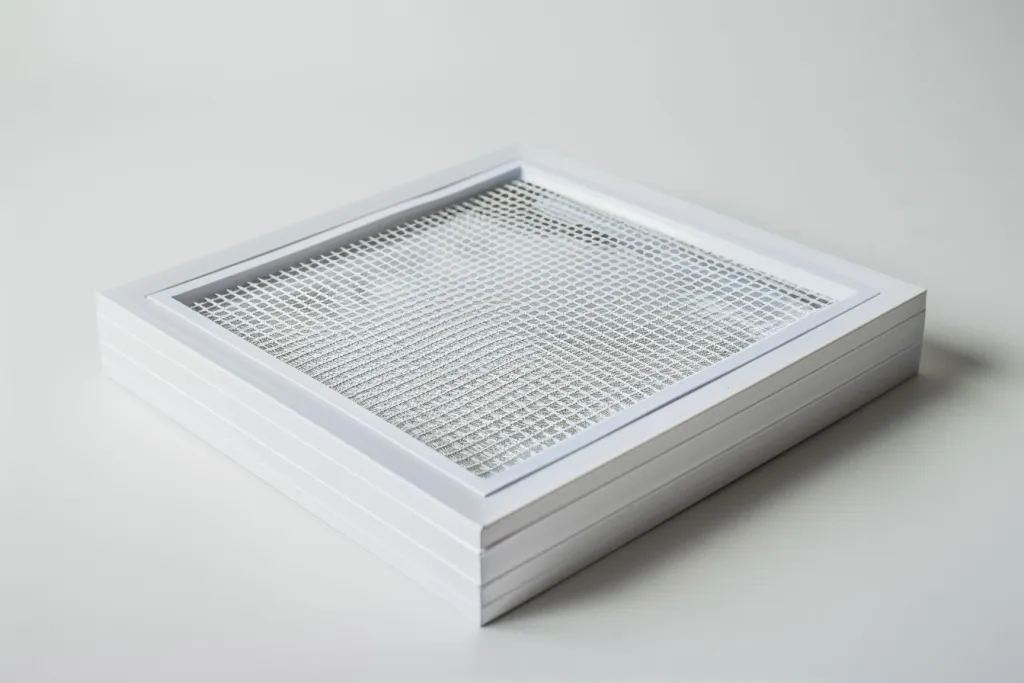
HEPA filters stand as a benchmark in air purification technology. Initially developed during the 1940s to filter radioactive particles, their application has broadened significantly. A genuine HEPA filter is capable of trapping 99.97% of particles that are 0.3 microns in diameter. This size is considered the most penetrating particle size (MPPS), challenging to capture due to its ability to bypass filter fibers.
Understanding the classification of HEPA filters is vital. Not all filters labeled “HEPA-type” meet the strict standards set for true HEPA filters. The efficiency of a HEPA filter is determined by its ability to capture particles of varying sizes, ensuring that the air passing through it is significantly purified.
The materials used in HEPA filters are another aspect of their effectiveness. Typically made from dense layers of glass fibers, the arrangement and the density of these fibers contribute to the filter’s performance. This design is not just about trapping particles but doing so without significantly impeding airflow.
How do HEPA filters work?
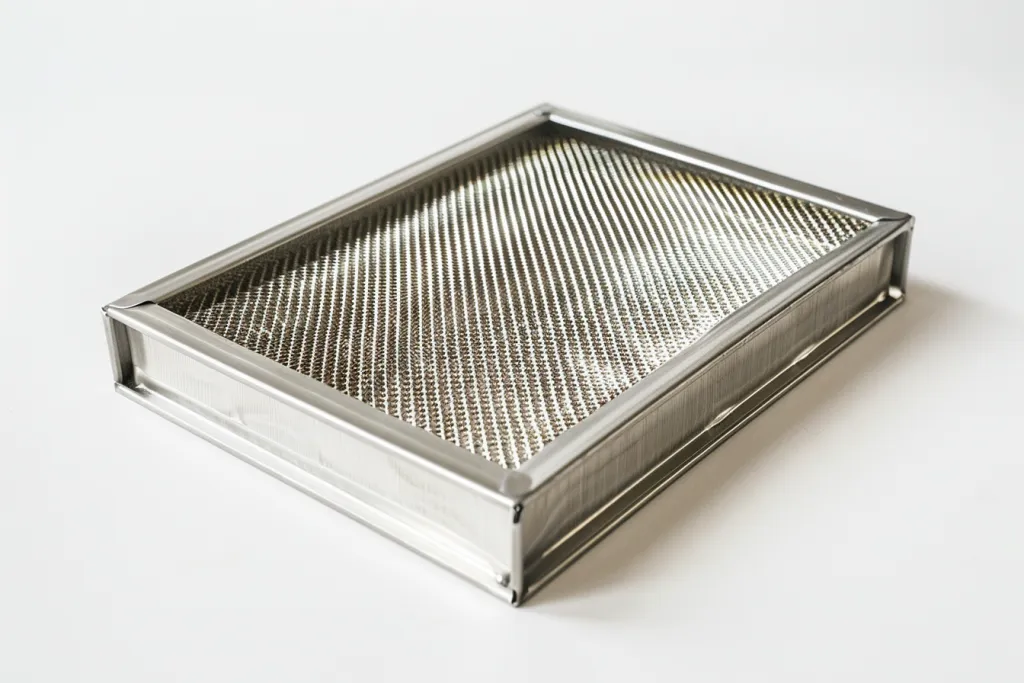
The operation of HEPA filters is a fine balance between physics and engineering. These filters employ a combination of three mechanisms to capture particles: interception, impaction, and diffusion. Each plays a role in targeting particles of different sizes, ensuring comprehensive filtration.
Interception occurs when particles follow the airstream and are captured by the fibers. Impaction targets larger particles, which due to their inertia, collide with the fibers and stick to them. Diffusion is effective against the smallest particles, which move erratically and eventually collide with fibers.
The efficiency of HEPA filters is not just about capturing particles but doing so while maintaining airflow and pressure levels. This balance is crucial for applications where air quality and flow rate cannot be compromised, such as in healthcare settings or industries requiring sterile environments.
The significance of HEPA filters in various industries
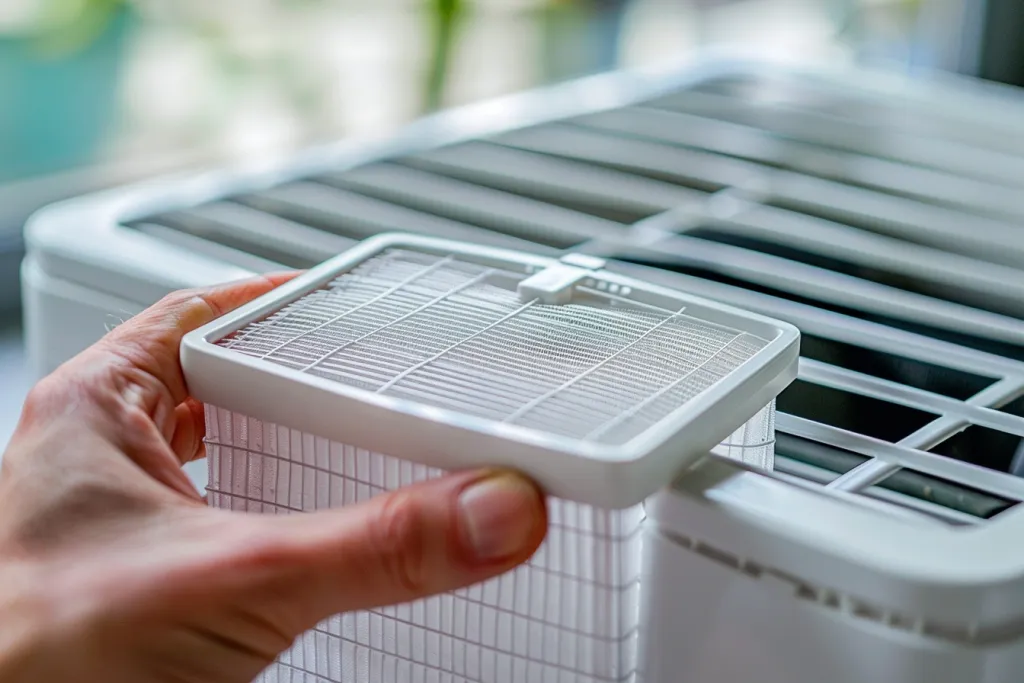
HEPA filters have found their place across a broad spectrum of industries, each with its unique requirements for air quality. In healthcare, they are indispensable in preventing the spread of airborne pathogens. Operating rooms, isolation wards, and even general patient care areas rely on HEPA filtration to protect patients and staff.
The manufacturing sector, especially in electronics and pharmaceuticals, requires stringent air quality standards. Here, HEPA filters help remove contaminants that can affect product quality and safety. Similarly, in the aerospace industry, clean rooms used for satellite or spacecraft assembly are equipped with HEPA filters to ensure the highest levels of cleanliness.
The versatility of HEPA filters also extends to everyday environments. Schools, offices, and homes are increasingly incorporating HEPA filtration to improve indoor air quality, highlighting their significance beyond industrial applications.
Maintenance and longevity of HEPA filters
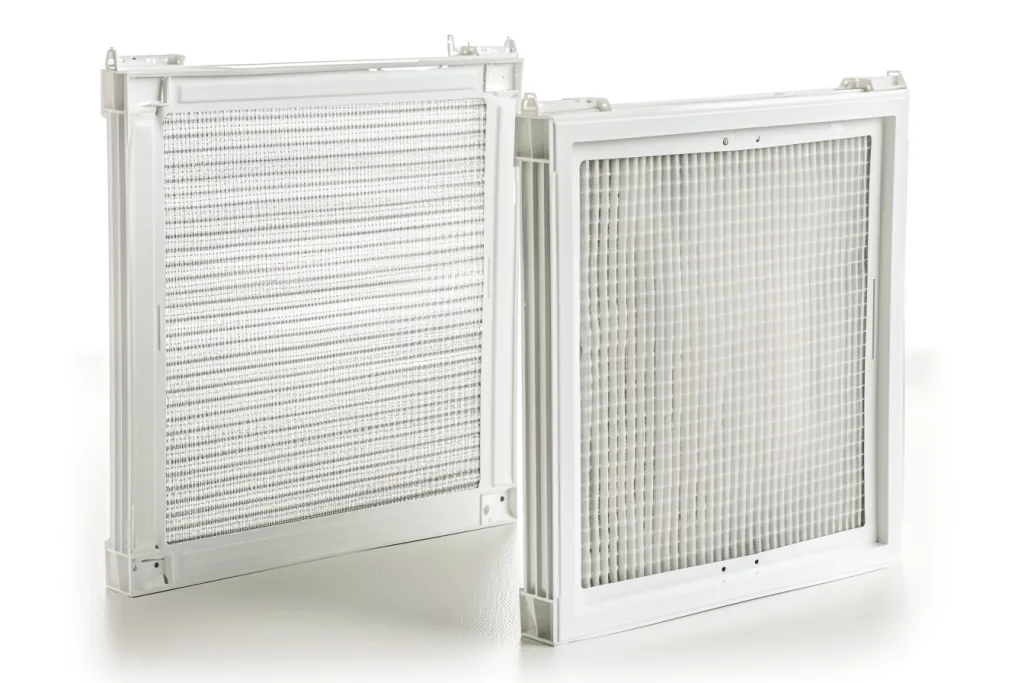
Maintaining HEPA filters is critical for their performance and longevity. Over time, the fibers in the filter can become clogged with particles, reducing airflow and efficiency. Regular checks and replacements are necessary to ensure that the filters continue to operate at their optimal level.
The lifespan of a HEPA filter varies depending on its usage and the environment in which it’s installed. In high-particle environments, the filters may need more frequent replacements. Manufacturers typically provide guidelines on maintenance schedules, but monitoring filter performance is also a good practice.
Proper disposal of used HEPA filters is another consideration. Given their role in capturing potentially hazardous particles, following recommended procedures for disposal is essential to prevent any unintended release into the environment.
Future trends in air filtration technology
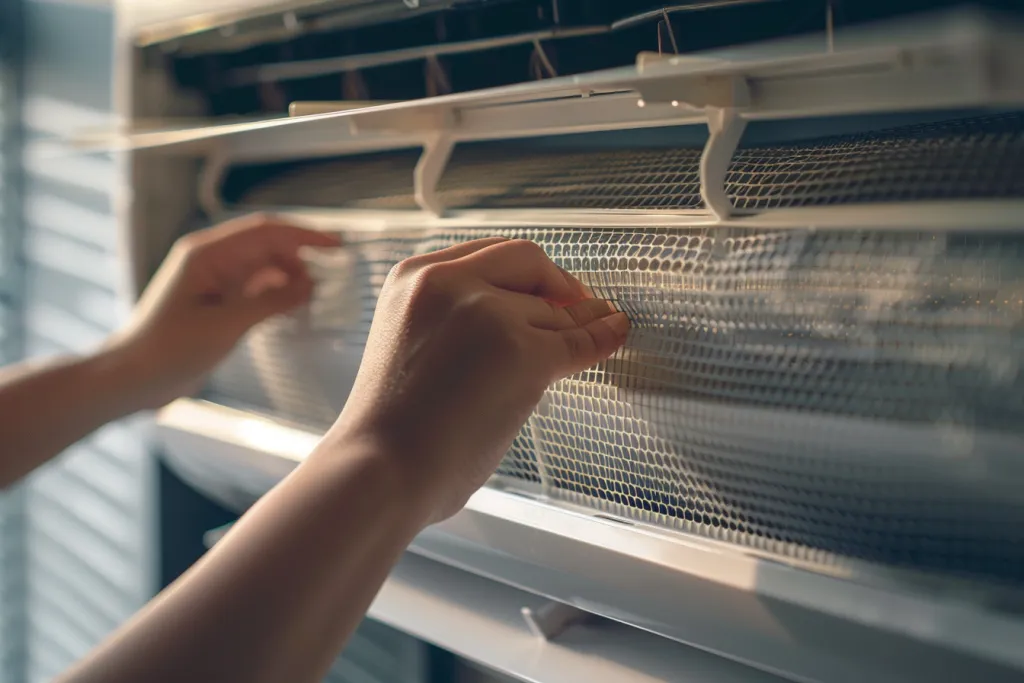
As we look to the future, the evolution of air filtration technology, particularly HEPA filters, is geared towards higher efficiency and sustainability. Innovations in materials and design promise filters that not only capture smaller particles but also last longer and are easier to recycle.
The integration of smart technology is another frontier. Sensors and IoT connectivity could enable real-time monitoring of filter performance, alerting users to the need for maintenance or replacement. This could enhance both the efficiency of filtration systems and the convenience of managing them.
The demand for cleaner air, driven by increased awareness of health and environmental issues, is likely to spur further advancements in HEPA filtration technology. As we continue to navigate challenges like pollution and pandemics, the role of HEPA filters in safeguarding our indoor environments will only grow in importance.
Conclusion:
HEPA filters represent a critical component in the quest for cleaner, healthier air. Their ability to trap a wide range of particles makes them indispensable in various settings, from hospitals to homes. Understanding how these filters work, their significance across industries, and the importance of their maintenance can help us make informed decisions about air quality in our environments. As technology evolves, we can anticipate even more effective and sustainable air filtration solutions, ensuring that the air we breathe is as clean as possible.




